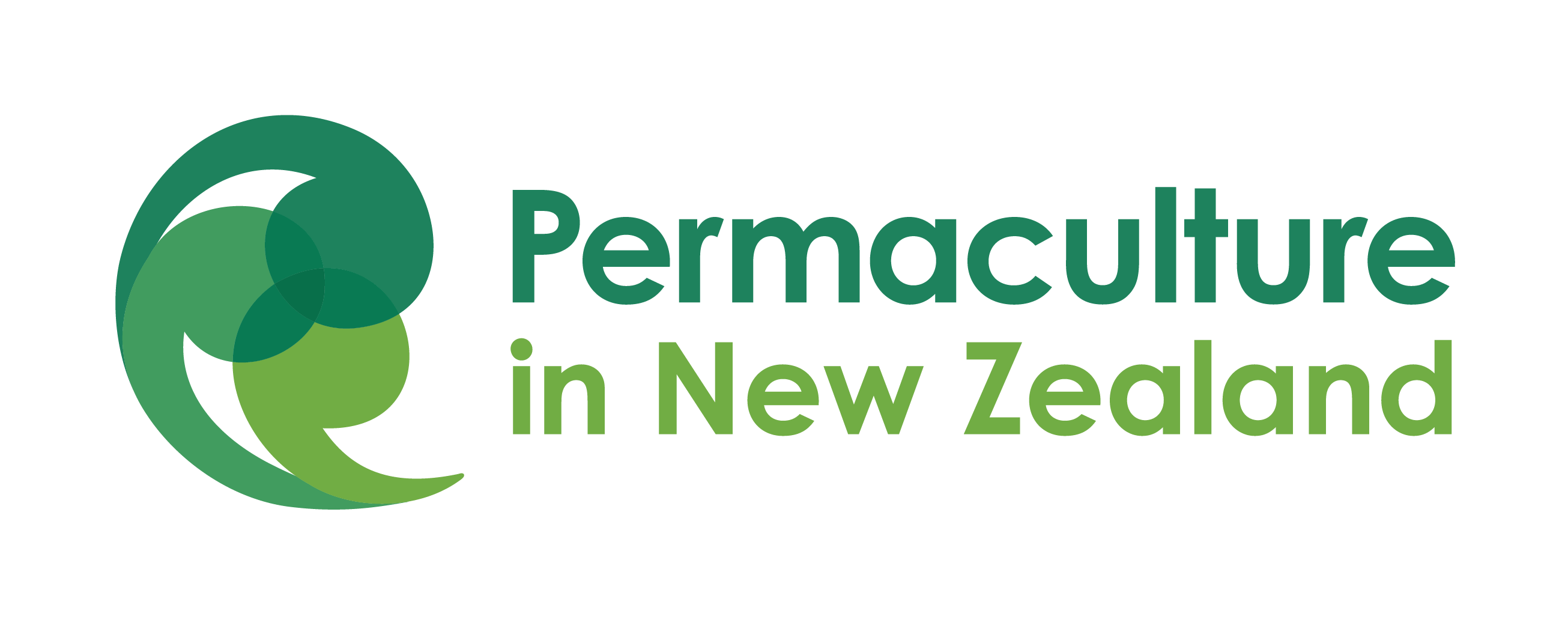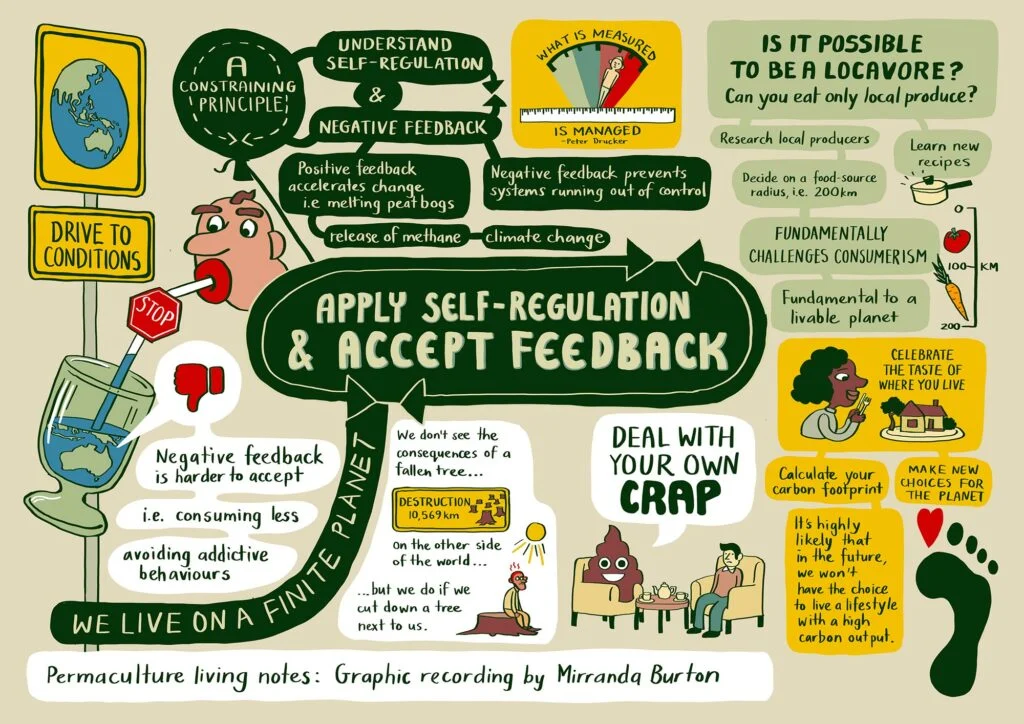| Kia ora koutou Permaculture Whanau Firstly I would like to apologise for the delay in the August newsletter. The wonderful Merve is overseas visiting family, and in preparation she had prepared this months news for me to distribute. However, due to some significant technology issues resulting from laptop and floor collision, my digital life got somewhat waylaid as I chose the option of repair over the purchase of another possession. This has reminded me however, that with aspects of our lives often reliant on continued access to technology, I need to accept this outcome as feedback, and have more robust processes in place so that these types of issues do not have such a significant impact on my life and commitments I have made. For our paid members you should have received an additional email with details of our first new member benefit, a discount on a PIP magazine subscription. The latest issue is packed full of inspiration and information to nourish yourself and the planet including; Five plants to defy ‘the hungry gap’ of spring How to prepare your soil for the new season How anybody can grow food Foraging for and preparing seaweed to eat Offal: How to introduce it into your diet, and so much more. We will be sharing more benefits as they are finalised and become available. If you are a paid member and did not receive an email with the discount code please email info@permaculture.org.nz Nga mihi nui, Fiona Moorhouse Chairperson Permaculture in New Zealand 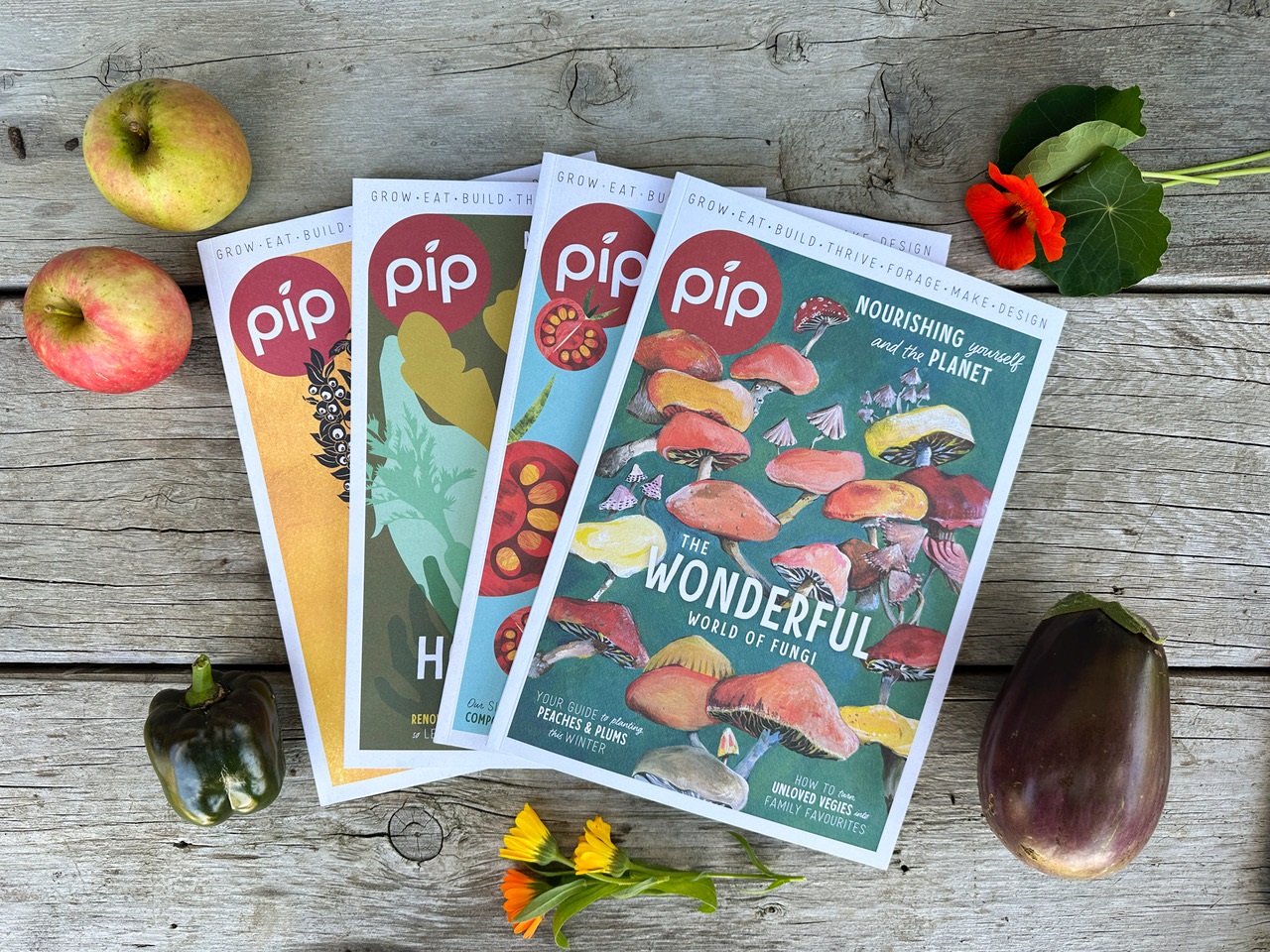 Permaculture Principle 4 : APPLY SELF REGULATION AND ACCEPT FEEDBACK Permaculture principles are based on the idea that generalized principles can be derived from the study of the natural world and pre-industrial sustainable societies. Each principle is a brief statement or a slogan that can be remembered as a checklist when considering the inevitably complex options for designing ecological support systems. Principle 2: Catch and Store Energy, and Principle 3: Obtain a Yield involve creating positive feedback to support growth and development, while Principle 4: Apply self regulation and accept feedback focuses on self regulatory aspects of permaculture design that limit or discourage inappropriate growth or behavior. 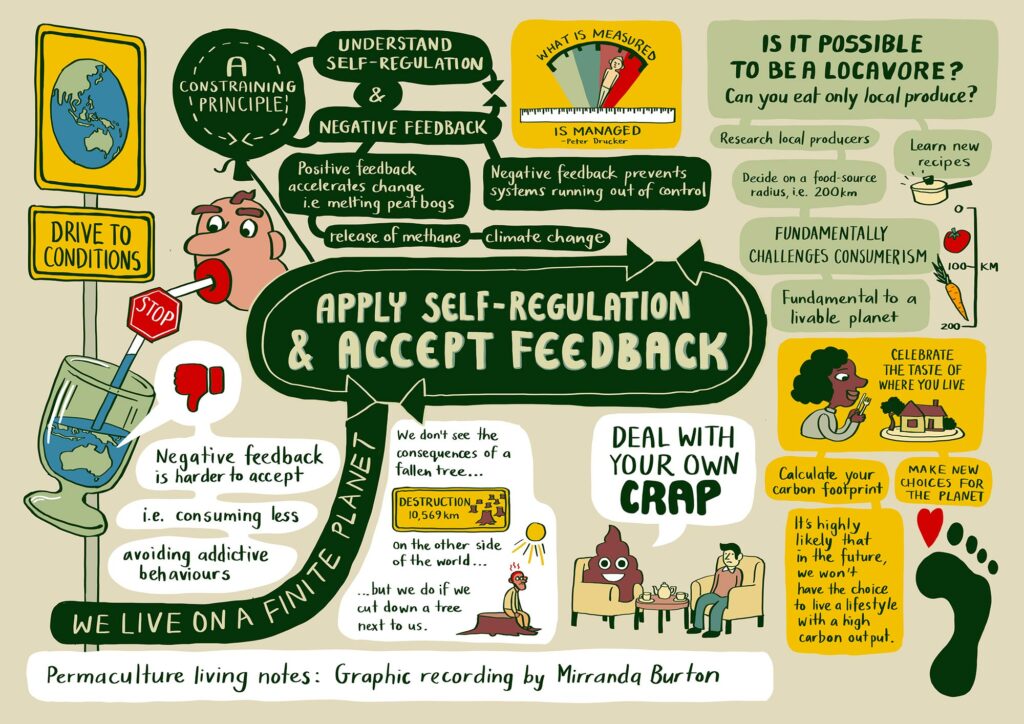 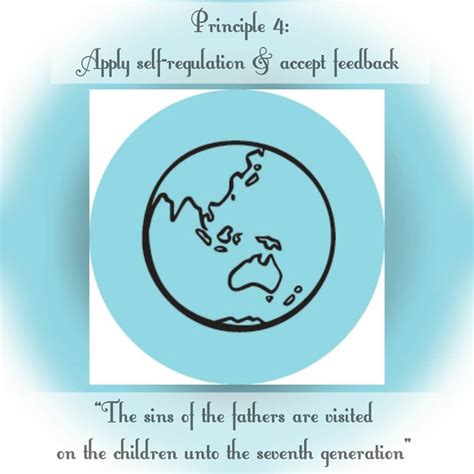 SELF REGULATION AND FEEDBACK SELF MAINTAINING AND REGULATING SYSTEMS Negative feedback is essential in all systems to maintain health and balance. For example in nature, predators maintain balance when they hunt, kill and eat a proportion of prey animals. Our goal as designers should be to create self maintaining and regulating systems using integration and diversity as well as creating systems where each element is self reliant and energy efficient. In this sense the use of plant guilds, animal associations, semi wild and self reproducing crop varieties and livestock breeds, will create more harmonious and self regulating systems with minimum workload activities. Traditional societies recognised that the effects of external negative feedback controls are often slow to emerge. To be in tune with positive and negative feedback of nature means to be in tune with ourselves, with our actions and the results of our actions. Matauranga Maori offer us much wisdom to guide our habits and behaviors to be more in harmony with nature, participate in it peacefully and according to our ecological role. 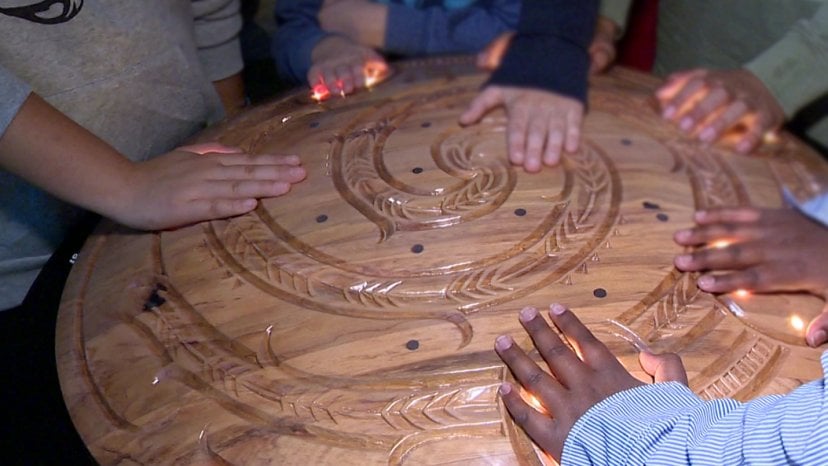 MATAURANGA MAORI ANCESTRAL USE OF THE LAND The Inuvialuit people of the Western Canadian Arctic, the Māori people of Aotearoa New Zealand, and the Navajo Nation of the American Southwest all focus on the cues provided by natural environment and use these to guide their actions and activities. There are many indigenous cultures around the world, each with its own traditions, mythologies, customs, and unique ways of knowing and interacting with the land. However, there are some shared important ethics that can be seen commonly in all of them, particularly when it comes to using whenua (land). Here in Aotearoa New Zealand, we have much to learn from Maori in terms of peaceful ways to interact with Te Taiao, the natural world. Unlike Indigenous peoples who understand themselves as an interdependent part of nature, the Western worldview sees the land and the natural resources as items to be instrumentalized for our own gain and the very land we live on as something that can be, and perhaps should be, taken advantage of. Maori view perceives the self and the world as one big whanau – an environmental community. In Aotearoa, the traditional concept of kaitiakitanga means guardianship, protection, or preservation. It is a way of managing the environment, based on the traditional Māori world view. A kaitiaki would ensure that the mauri (life force) of a taonga is healthy and strong. Since arriving in Aotearoa New Zealand, Māori acquired a wealth of detailed knowledge as they sought to maintain the mauri of the land. To understand the world, humans must understand relationships between themselves and the environment in which they live. People are part of the environment – not superior to it. The condition or health of the people and the environment are intricately related. The saying ‘Ko au te whenua, ko te whenua ko au’ (I am the land, the land is me) depicts the relationship between people and the environment. Kaitiakitanga invites people to form and maintain relationships with the environment in which they live. As a result, a few questions to ponder about: What are our responsibilities as a kaitiaki towards the land and the people? How can we be more in tune to feedback from nature? What are some ways for us to self regulate ourselves within our ecological niche? 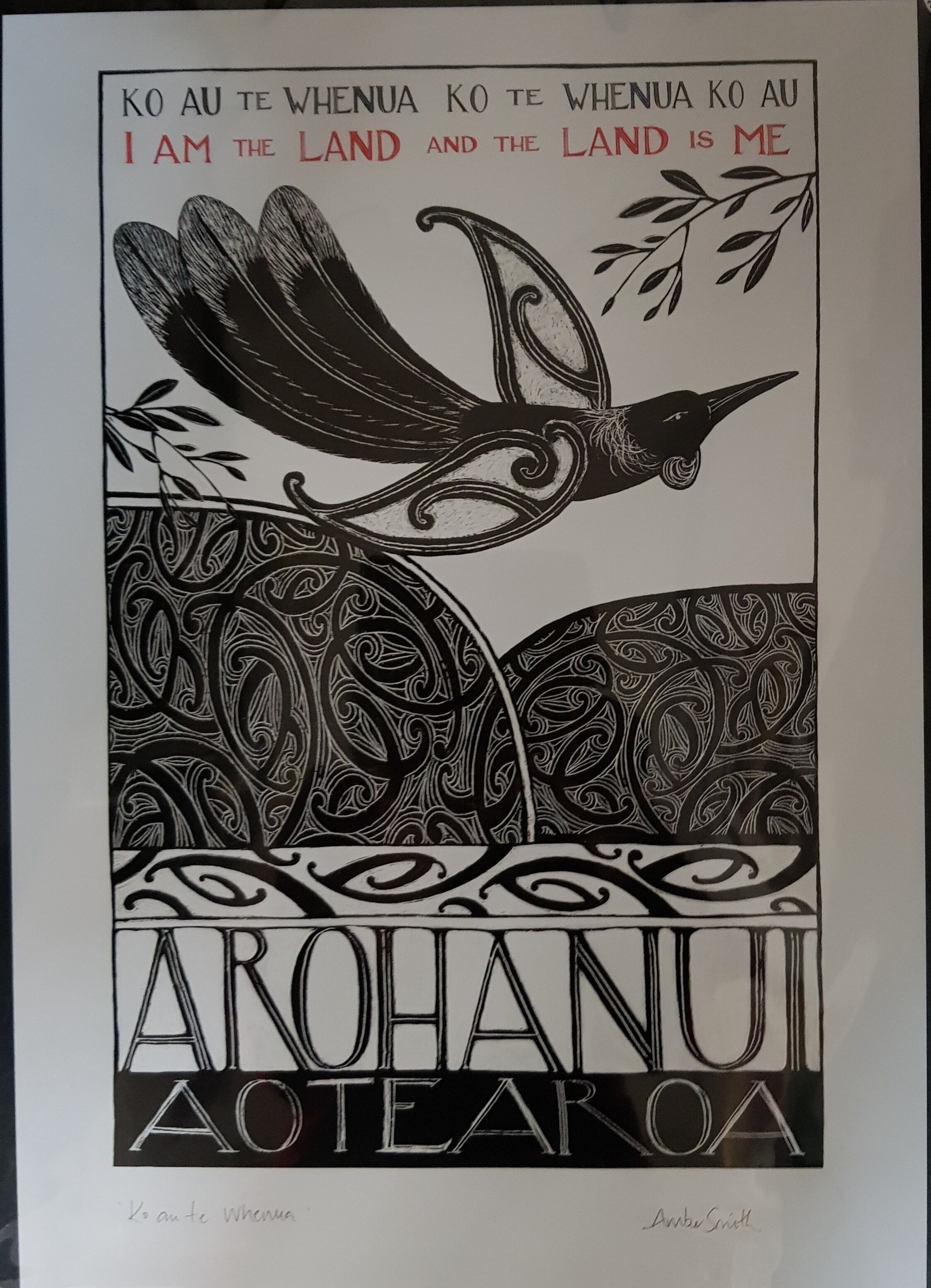 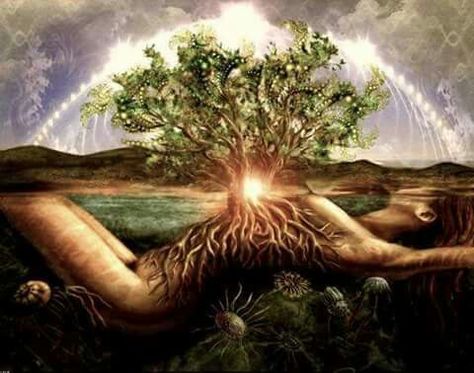 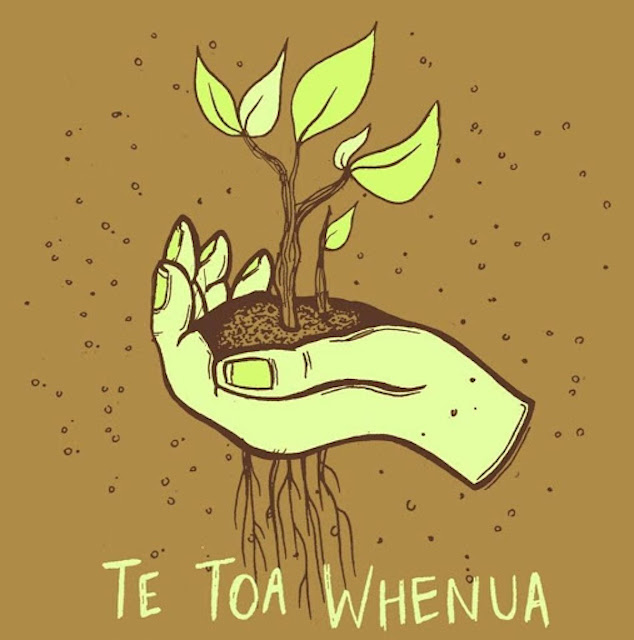 So as we head into the last month of winter consider; how you might be able to apply self regulation and accept feedback to create a better – more harmonious living? Arohanui, Merve Yeşilkır Looking to connect? Coming up this month our members are holding events around the country. Head over to our website and check out what is being offered in your local area. If you are a member and have an event coming up that you would like to promote on the website, please get in touch by emailing Permaculture In New Zealand. Find EVENTS Helpful links How to be a member Permaculture Resources Contact US Permaculture In New Zealand Matakana New Zealand You received this email because you signed up on our website or made purchase from us. Unsubscribe |
